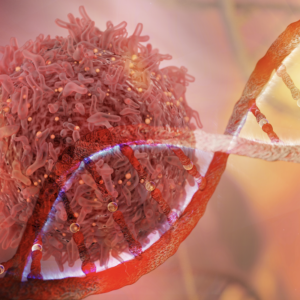Cancer Genome Analysis - Latin America & the Caribbean
26 November–1 December 2023
Universidad de la República, Montevideo, Uruguay
Learn to analyse genomics data from cancer samples with hands-on practical exercises in mutation calling, driver gene identification, mutational signature analysis and RNA deconvolution.
Summary
Cancer is one of the leading causes of death in the world. In Latin America, 1.5 million cases and over 0.7 million deaths were reported in 2020. Its burden and outcome are influenced by baseline genetics, as well as different environmental factors, that vary across human populations. These factors leave specific footprints in the genome of cells, which can be studied through bioinformatics approaches. However, studies on cancer genetic susceptibility and interventions are largely based in the Global North, resulting in disproportionate representation of Latin American datasets and research. Therefore, there is an urgent need to address the widening global disparities in cancer genomics research to include more global populations.
This new course will provide Latin America-based scientists with the requisite skills in processing, analysing, and interpreting data from cancer genomes. Participants will be equipped with the essential informatics skills and knowledge required to begin analysing next generation sequencing data and carry out some of the most common types of analysis in somatic genome studies. Participants will benefit from hands-on practical exercises in mutation calling, driver gene identification, mutational signature analysis and RNA deconvolution. By analysing real-world datasets, students will gain valuable skills that they can later apply at their institutions. Guest seminars will highlight translational applications of genomics in oncology, ethical aspects, and data platforms. This will contribute directly to the much-needed capacity building for cancer research, and scientists will be able to strengthen the application of genomics in clinical practice, public health and policy needs.
The course will be led by experts in cancer genomics from Latin America and the USA.
Target audience
The course is open to scientists based in Latin America or the Caribbean, who are involved in cancer research including PhD students, postdoctoral researchers, clinical scientists and medical professionals.
Programme
Course objective
To train Latin America-based scientists to analyse genomics data from cancer samples. Applying Latin American datasets, participants will benefit from hands-on practical exercises in mutation calling, driver gene identification, mutational signature analysis and RNA deconvolution.
Topics to be covered
- Data formats and organisation in cancer NGS studies
- Somatic mutation calling
- Driver gene identification and oncoplots
- Mutational signature analysis
- Structural Variants
Learning outcomes
By the end of the course, participants should be able to:
- Perform QC assessment of somatic NGS data
- Explain the algorithmic concepts behind somatic variant calling
- Perform mutation calling on cancer sequencing files
- Identify driver genes associated with tumorigenesis
- Generate oncoplots to summarise the impact of mutations on cancer-associated genes
- Identify mutational signatures active in cancer samples
Participants are required to take the following pre-course modules (they will be provided):
- Unix/Linux
- Sample collection, preparation, storage and processing
- Molecular diagnostic applications and limitations
- Next generation sequencing technologies
- Online databases
*Please note: The practical sessions will be taught exclusively through Unix/Linux. Therefore, participants are required to have some familiarity with the Linux operating system. This will be essential for participants to fully benefit from the course. All candidates will be requested to undertake pre-course activities to gain the fundamental knowledge needed during the course.
Instructors and speakers
Training Team
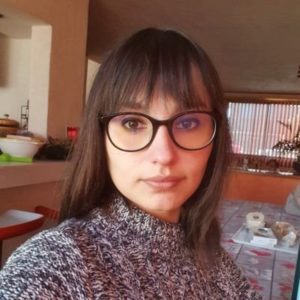
Daniela Robles-Espinoza
LIIGH-UNAM, Mexico
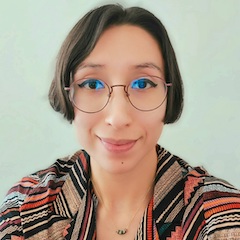
Patricia Basurto Lozada
LIIGH-UNAM, Mexico
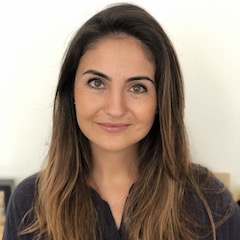
Mariana Boroni
INCA, Brazil
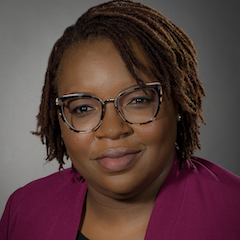
Nyasha Chambwe
Feinstein Institutes for Medical Research, USA
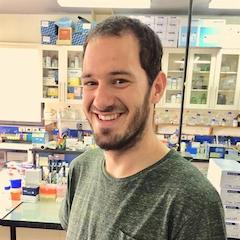
Santiago Chávez
Universidad de la República, Uruguay
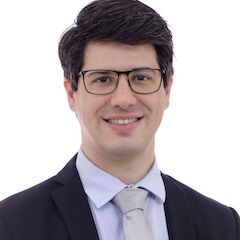
Leandro Colli
University of São Paulo, Brazil

Eric Dawson
Nvidia, USA
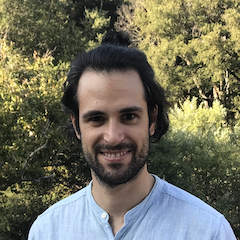
Marcos Díaz-Gay
UCSD, USA

Mariano Golubicki
Hospital Udoanod - IATTGI, Argentina

Andrés Iriarte
Universidad de la República, Uruguay

Cecilia Mathó
Universidad de la República, Uruguay
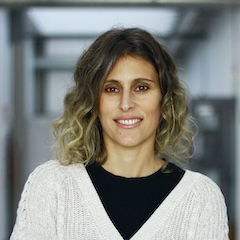
Lucia Spangenberg
Institut Pasteur de Mondevideo, Uruguay
Organisers
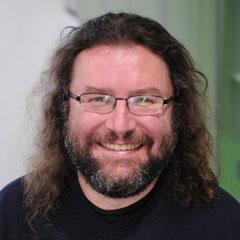
Martin Aslett
Wellcome Connecting Science - UK
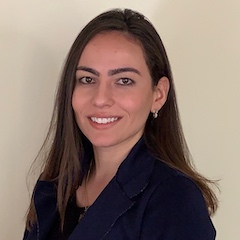
Isabela Malta
Wellcome Connecting Science - UK
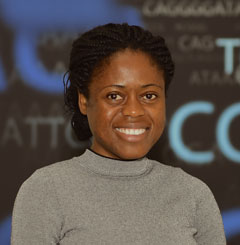
Alice Matimba
Wellcome Connecting Science - UK
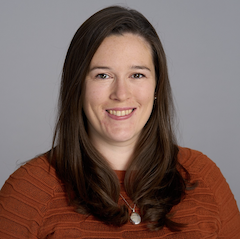
Amy Pass
Wellcome Connecting Science - UK
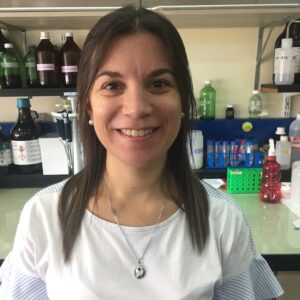
Cecilia Silvarrey
Universidad de la Republica, Uruguay
How to apply
Target audience
The course is open to scientists based in Latin America who are involved in cancer research including PhD students, postdoctoral researchers, clinical scientists and medical professionals.
The course will be taught in English, but Spanish and Portuguese-speaking instructors will be able to assist participants in their own languages.
Pre-requisites
Participants are required to take the Linux pre-course modules, which will be provided.
How to Apply
Please click the Apply button above to begin the online application process. Places are limited and will be awarded on merit. If you have any problems with the online application process, please contact us.
Please note: Applications must be supported by a recommendation from a scientific or clinical sponsor (e.g. supervisor, line manager or head of department). A request for a supporting statement will be sent to your nominated sponsor automatically during the application process. Applicants must ensure that their sponsor provides this supporting statement by the application deadline. Applications without a supporting statement cannot be considered.
Cost
The course is subsidised by Wellcome Connecting Science, and is free to attend.
Bursaries
A number of bursaries are available for each course. These are awarded on merit to cover travel, accommodation and sustenance.
Bursaries can be applied for as part of the course application form. Applicants will be notified of a bursary award along with their place on the course, usually within one month of the application deadline. The decision of the selection committee is final.
Please note that both the applicant and sponsor are required to provide a justification for the bursary as part of the application.
